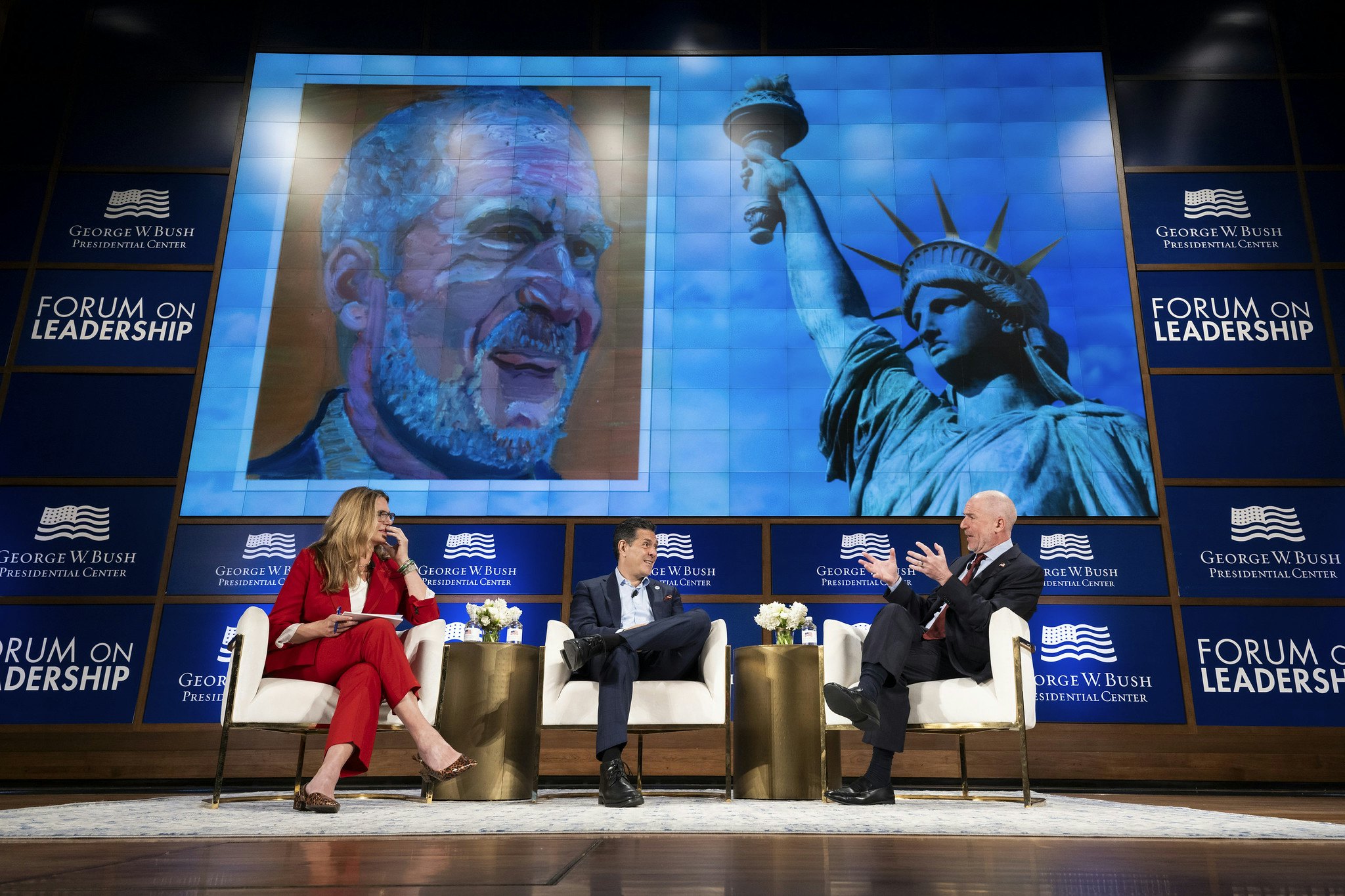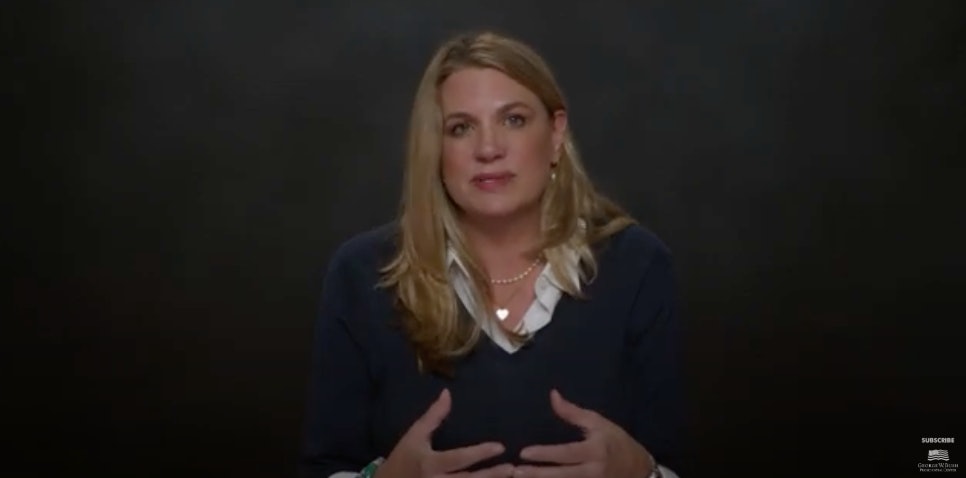PTS is often talked about behind closed doors, as many who are diagnosed are ashamed. We need to change the conversation and empower more veterans to seek care sooner.
Experiencing some level of post-traumatic stress (PTS) after a traumatic event can be expected. Our military personnel deal with a level of stress that many will not understand, whether in combat or in other high stress situations. We should expect a spike in emotional and behavioral responses. However, PTS is often talked about behind closed doors, as many who are diagnosed feel ashamed. The conversation needs to shift, empowering more veterans to seek care sooner.
This is why the George W. Bush Institute dropped the “D” in PTS. As President George W. Bush said, “We’re getting rid of the D. PTS is an injury; it’s not a disorder.” When depression stopped being referred to by its clinical term “major depressive disorder”, the conversation shifted, opening the door for more people to feel comfortable talking about their experiences and seeking relief.
We know that treatment for PTS works. Approximately 50 percent of veterans respond well to the best available treatments – cognitive processing therapy and prolonged exposure therapy. However, that leaves 50 percent who are not. Researchers must continue to identify innovative, effective “tools” in our clinical “toolboxes” to match the needs of our customers –veterans.
Interdisciplinary public-private partnerships are the most efficient way to innovate. These relationships open lines of communication necessary to advance diagnostics for PTS and other invisible wounds of war. As part of the Bush Institute’s mission to foster successful veteran transition, we have developed the Warrior Wellness Alliance. This Alliance brings together public and private sector organizations to open the dialogue, advance diagnostic tools, and ultimately connect more veterans to the care they need.
While these partnerships and clinical improvements are moving treatments forward, society also needs to advance. The closed door conversations need to become public. Instead of veterans feeling ashamed for seeking treatment they should be recognized for their strength in asking for help. Together we can change the dialogue and encourage more veterans to tell their story and reach out for help.
Learn more about PTS treatment options: https://www.ptsd.va.gov/apps/Decisionaid






























